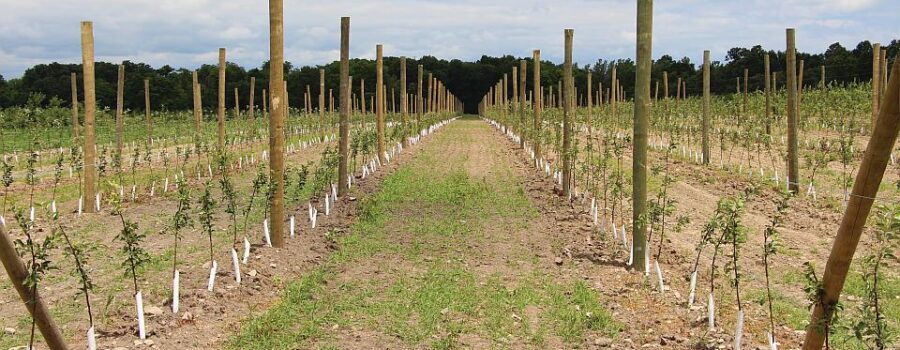Potential Fruit Shortage Looms

American consumers may soon face empty fruit aisles and soaring prices for popular items like bananas if 45,000 dockworkers, who are threatening to strike, follow through with their plans.
The International Longshoremen’s Association (ILA) is representing these dockworkers, who operate at approximately 36 U.S. ports, handling nearly half of the nation’s sea imports. The union has stated that its members are prepared to stop working if a new contract is not in place by October 1. A strike could halt operations at major East Coast and Gulf Coast ports, significantly affecting the supply of various products such as fruits and plywood.
Bananas and Other Fruits at Risk
Bananas, America’s most consumed fresh fruit per capita, are especially vulnerable. Around two-thirds of all bananas in the U.S. are unloaded at these ports. Port Wilmington in Delaware, a key hub for companies like Dole Fresh Fruit Co. and Chiquita Fresh North America, is the primary destination for unloading bananas, as well as grapes from Chile, clementines from Morocco, pears from Argentina, and kiwifruit from New Zealand.
If fruit is left on the docks for too long, spoilage becomes inevitable, or the delays will drive up costs due to extended refrigeration needs. “Any fruit that arrives after Oct. 1 will be condemned to the trash can,” Peter Kopke Sr., a produce importer, explained, warning that businesses could suffer significant financial losses. A weeklong strike could reportedly cost the U.S. economy around $7.5 billion.
Demands of the ILA

The ILA is pushing for an 80% pay increase over six years, arguing that dockworkers deserve a portion of the substantial profits earned by foreign-owned container carriers during the pandemic. Additionally, the union is demanding stricter regulations on automation, claiming that some companies are using technology in ways that violate the current contract.









Recent Comments